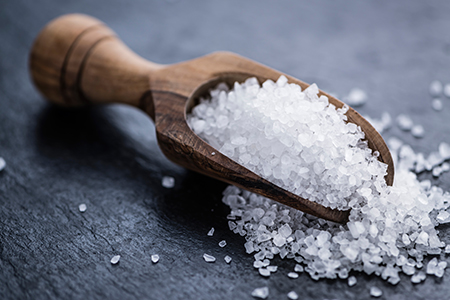 High salt diets have previously been shown to increase severity of certain types of induced autoimmune disease in mouse models via a signaling pathway, but the impact of these diets on the gut microbiome and intestinal inflammation have not been studied. Researchers at McMaster University recently investigated this question in a paper titled "High salt diet exacerbates colitis in mice by decreasing Lactobacillus levels and butyrate production" in the journal Microbiome.
High salt diets have previously been shown to increase severity of certain types of induced autoimmune disease in mouse models via a signaling pathway, but the impact of these diets on the gut microbiome and intestinal inflammation have not been studied. Researchers at McMaster University recently investigated this question in a paper titled "High salt diet exacerbates colitis in mice by decreasing Lactobacillus levels and butyrate production" in the journal Microbiome. Miranda et al. used C57BL/6 mice with a conventional microbiome from Taconic Biosciences as well as germ-free C57BL/6 mice to investigate the effect high salt diet has on the microbiome and gut health. After four weeks on a high salt diet (HSD), researchers observed shifts in the gut microbiome composition and function in C57BL/6 mice, including decreased colonic Lactobacillus abundance and lower levels of the short chain fatty acid (SCFA) butyrate, a microbiome metabolite1.
In a model of chemically-induced colitis, C57BL/6 mice with a conventional microbiome and administered a HSD developed more severe disease compared to controls. This difference disappeared in germ-free mice; both control and HSD-diet germ-free C57BL/6 mice had similar colitis development after chemical induction. The researchers thus "demonstrated that consumption of a diet with high salt content results in alteration of gut microbiota composition and function that may be pro-inflammatory by virtue of the loss of Lactobacillus spp. and reduced production of the protective SCFA butyrate. Our findings indicate that the maintenance of the pro-inflammatory microbiota is ...associated with changes in gut immune homeostasis, predisposing mice to the development of a more severe form of experimental colitis1."
This research lends further credence to the growing body of evidence that our diet can influence our microbiome, leading to downstream impacts to our health.






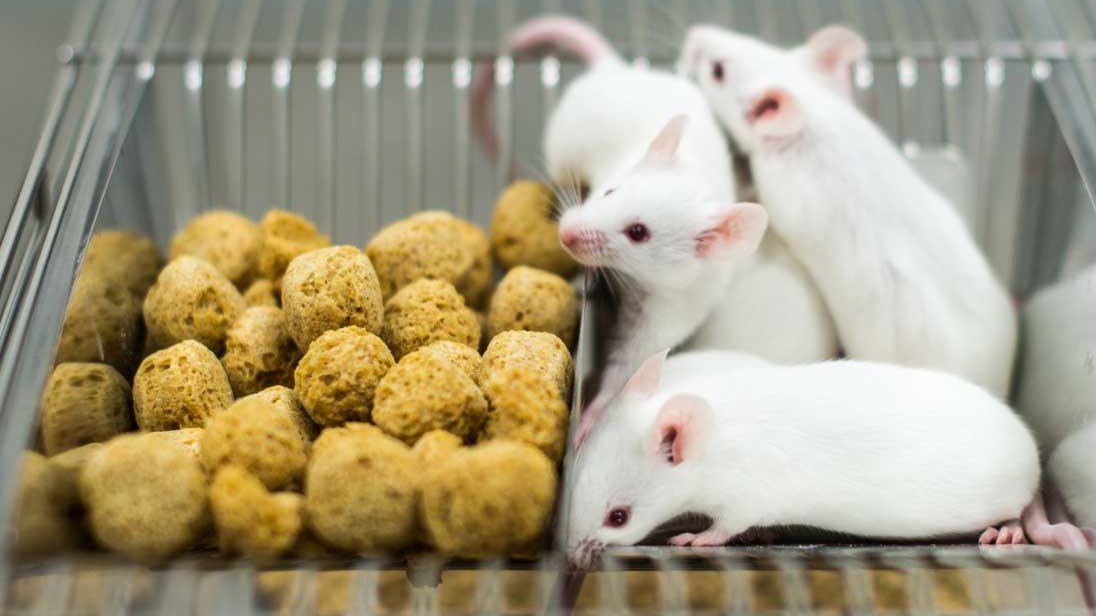
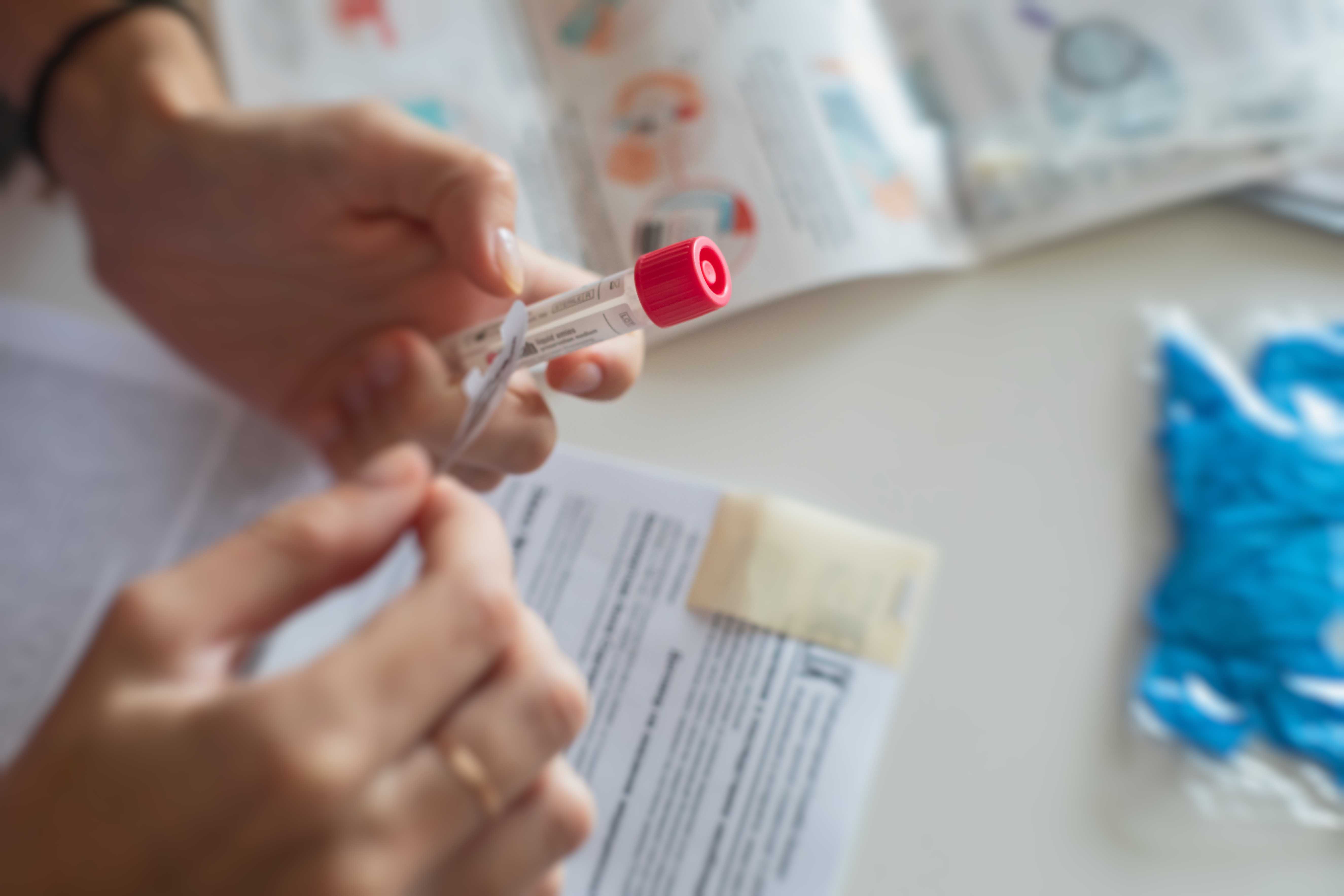

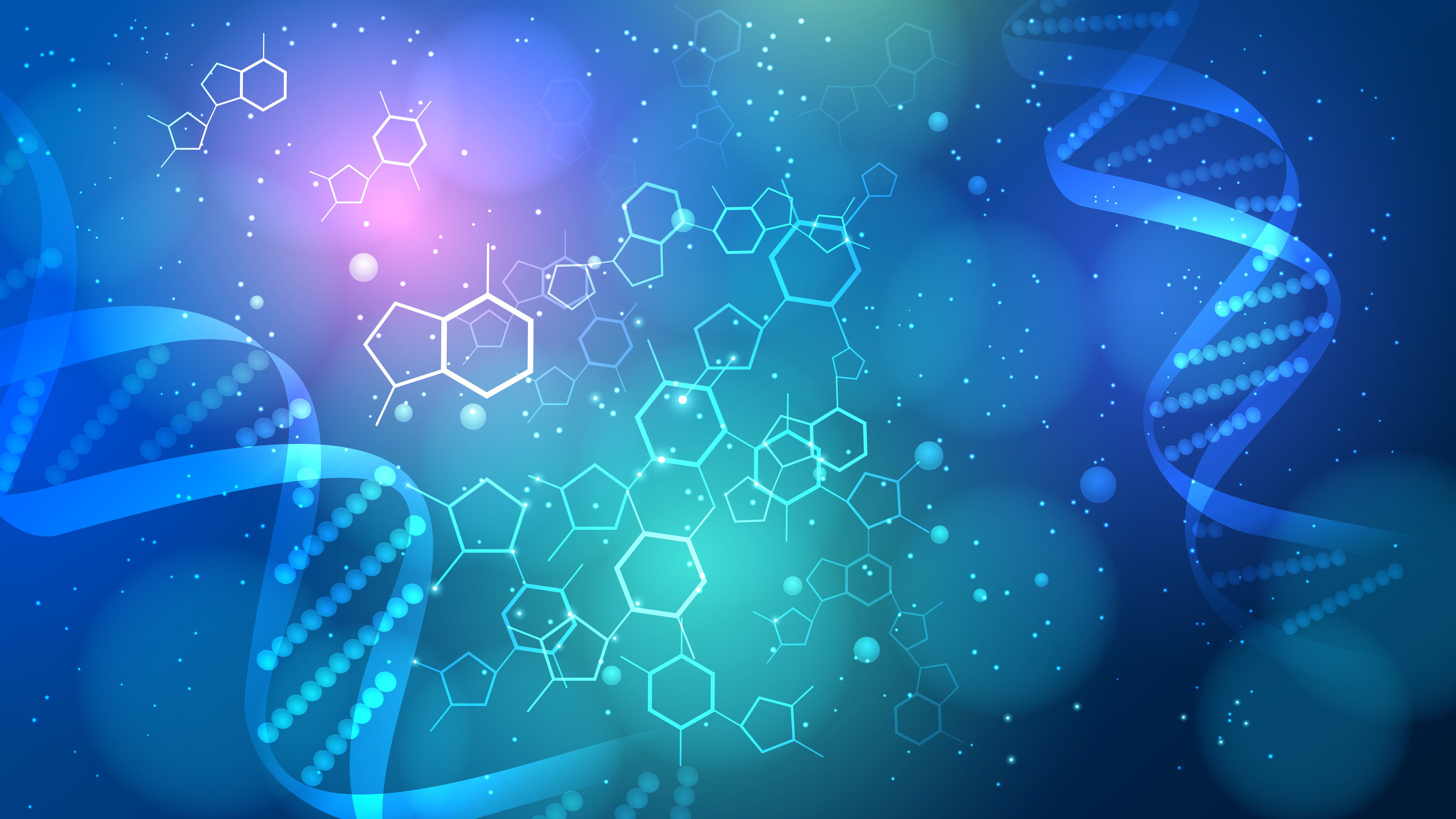


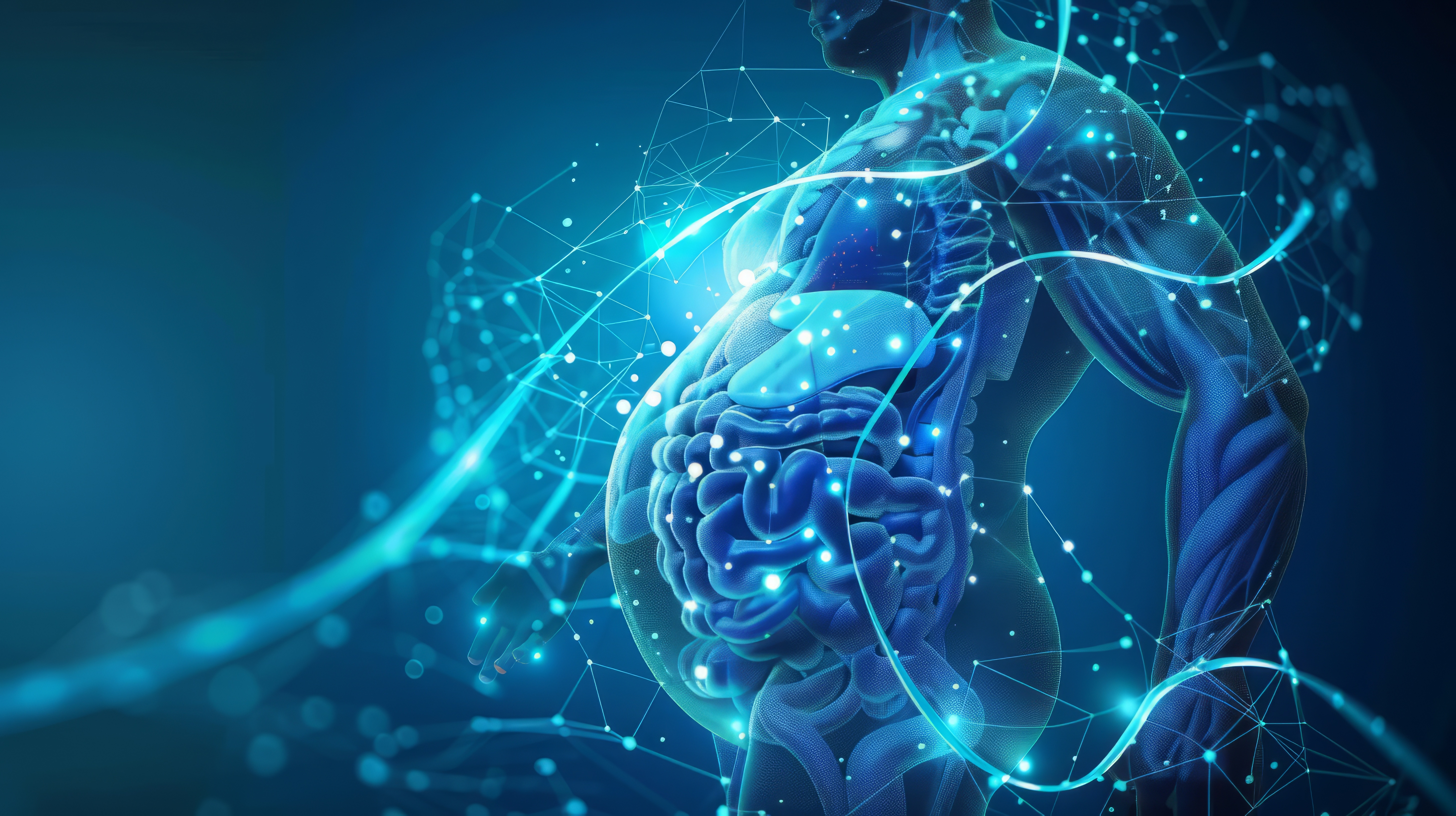


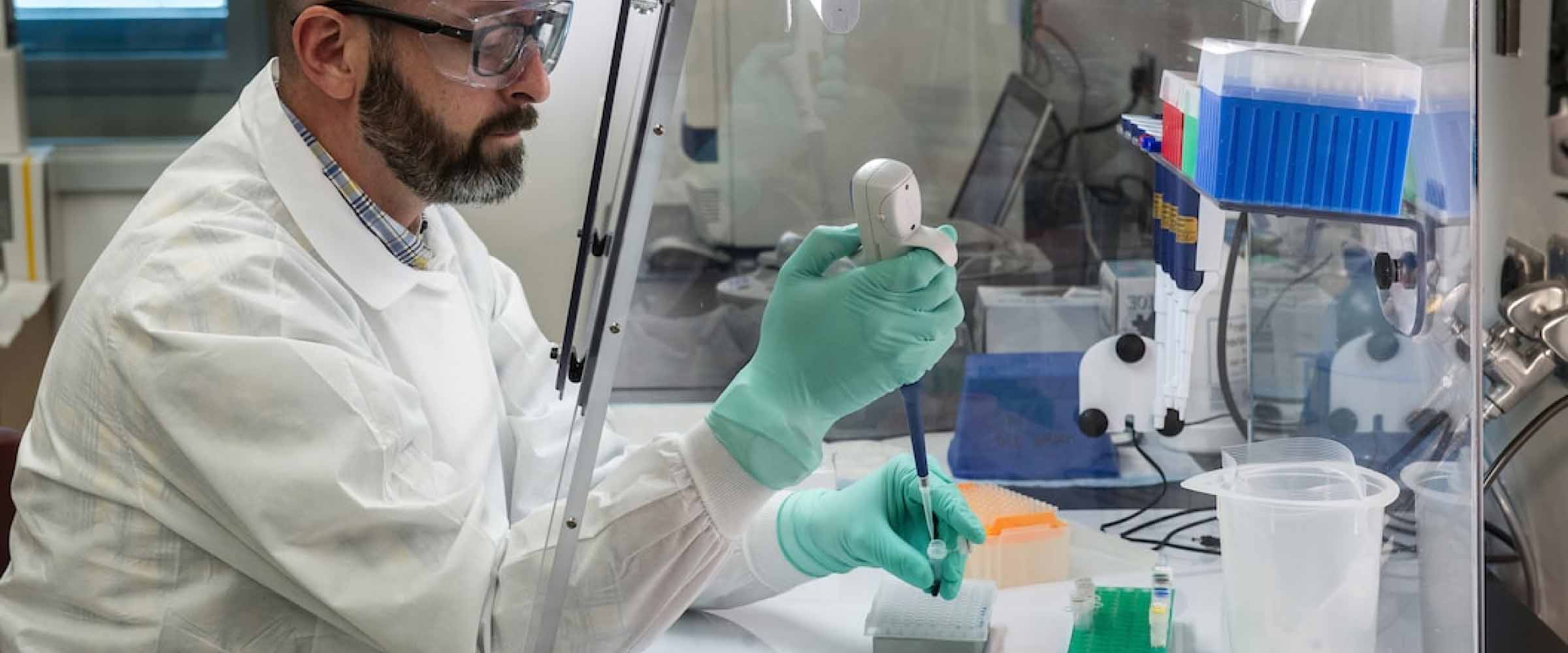
.jpg)

.jpg)
.jpg)
.jpg)
.jpg)
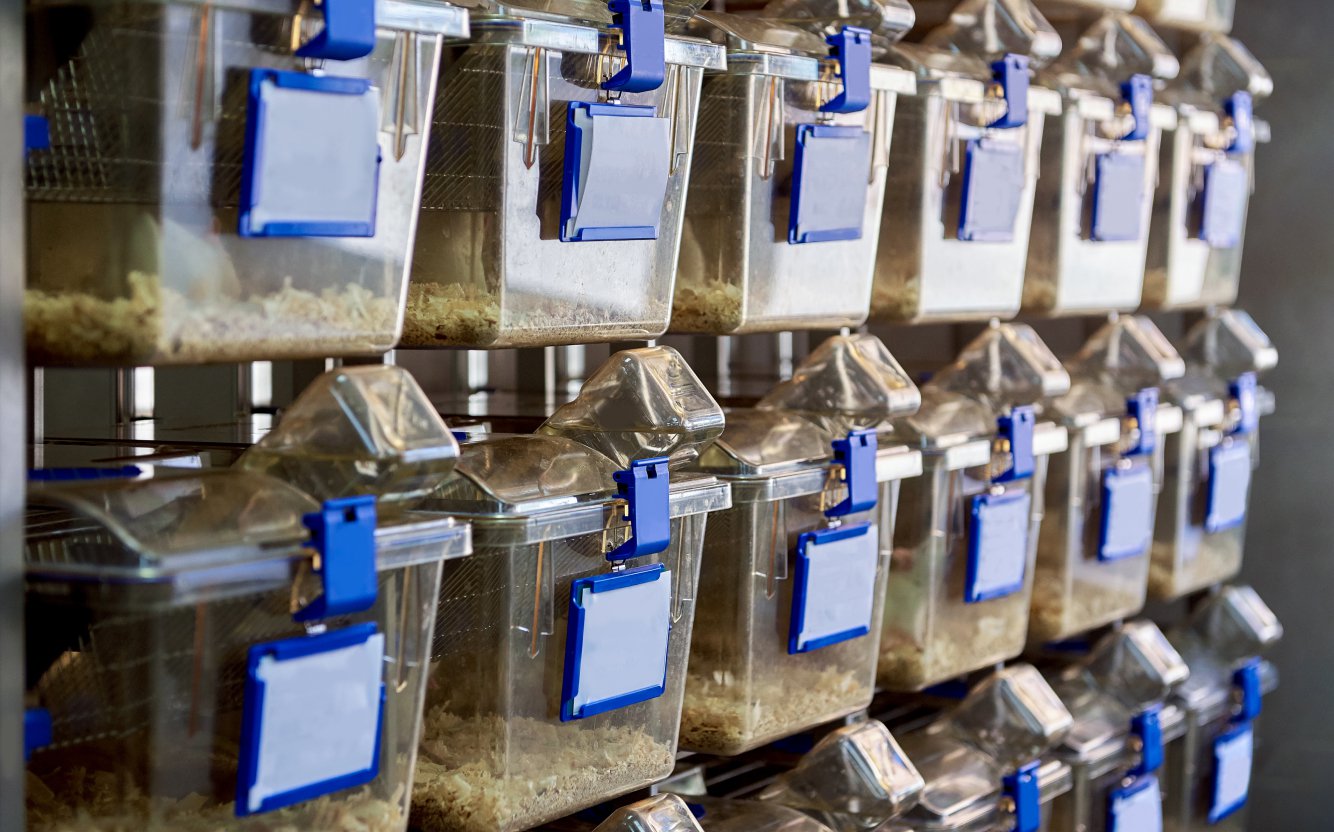
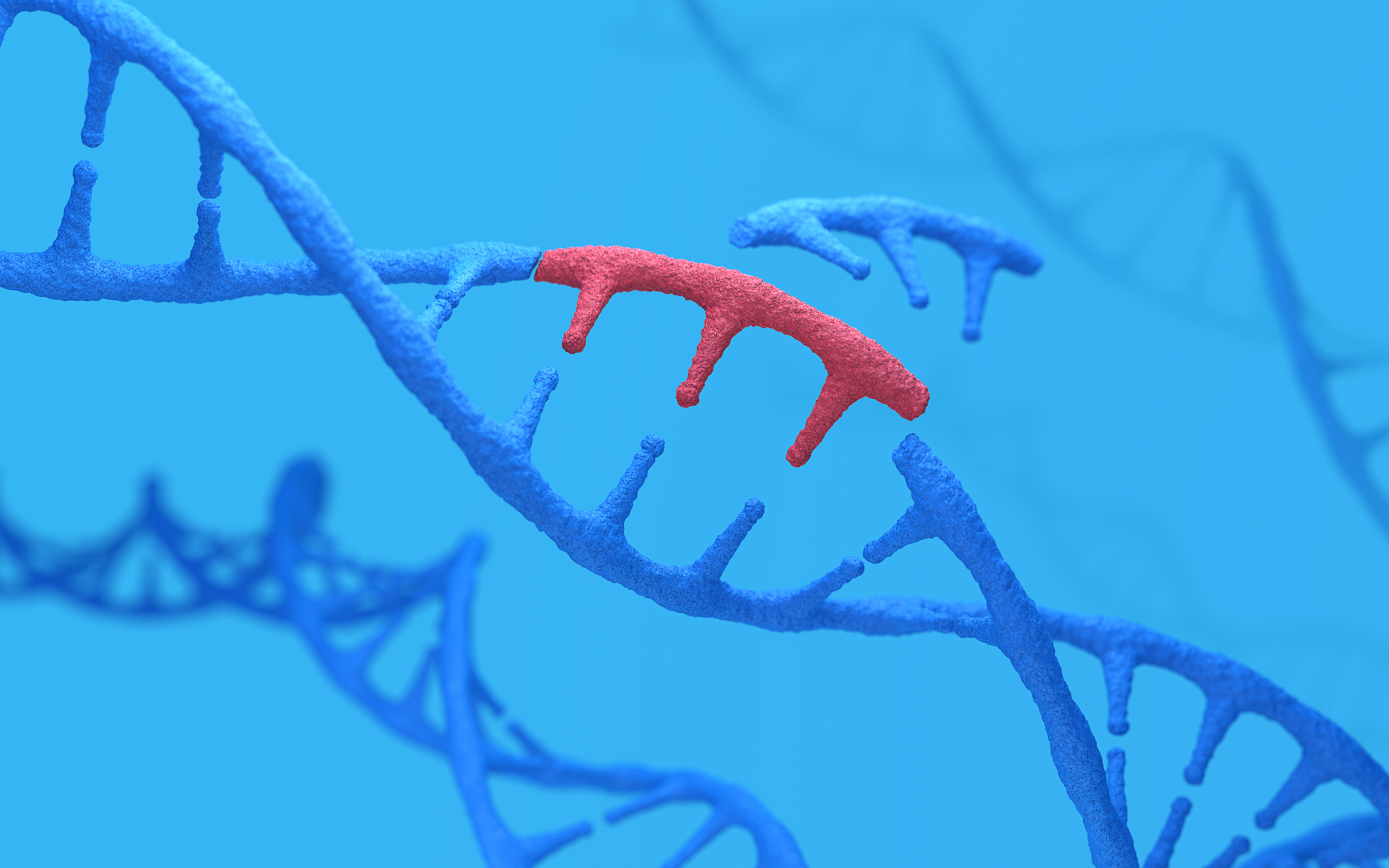
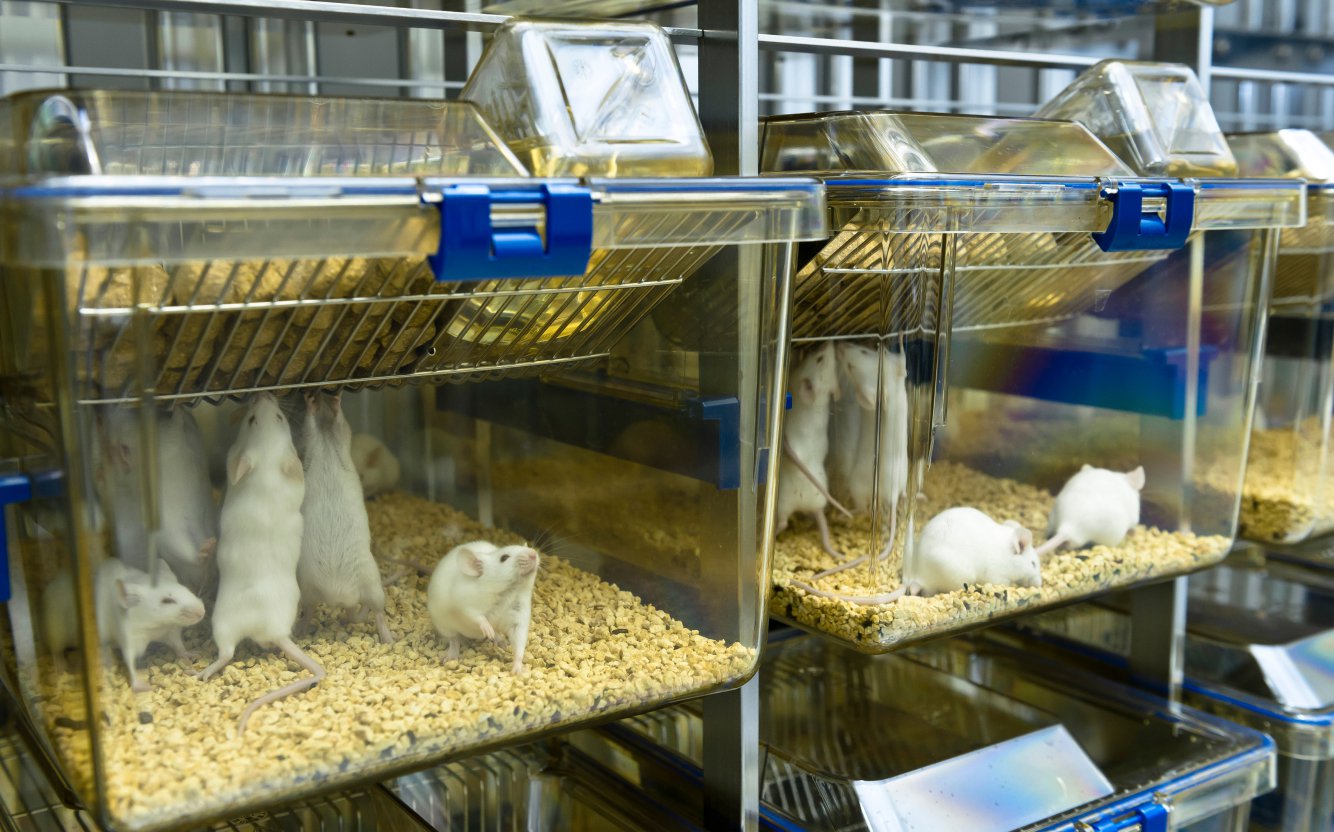


.jpg)

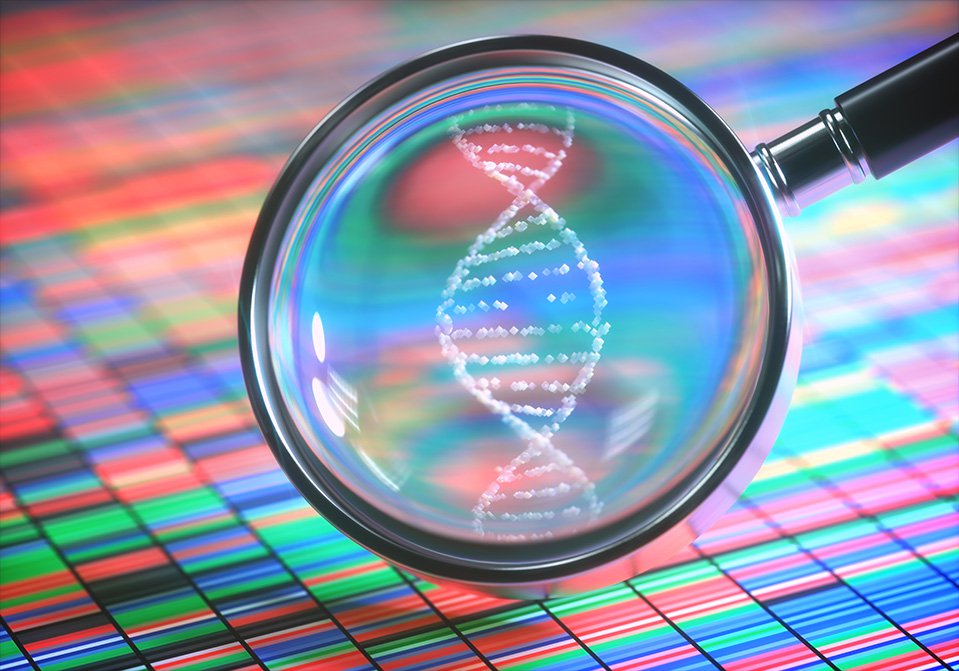
.jpg)
.jpg)

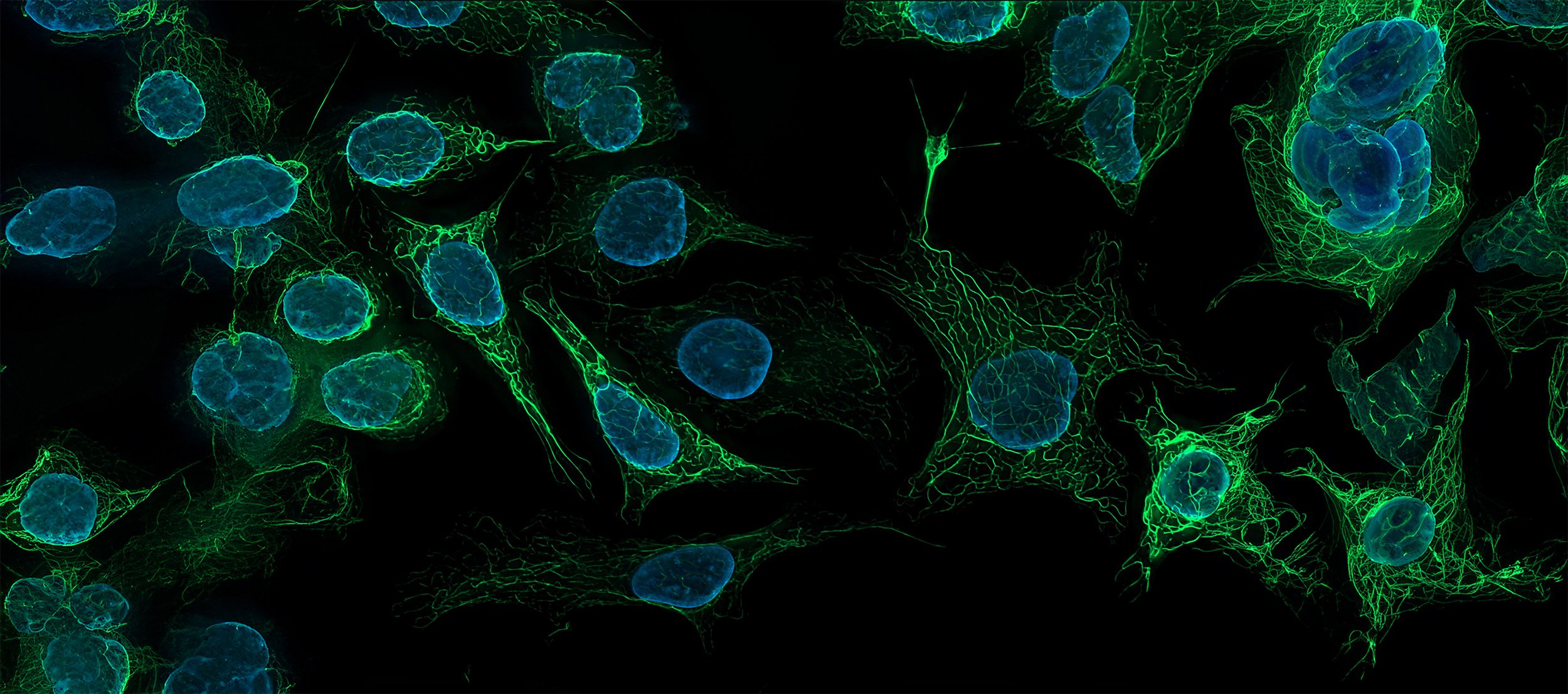

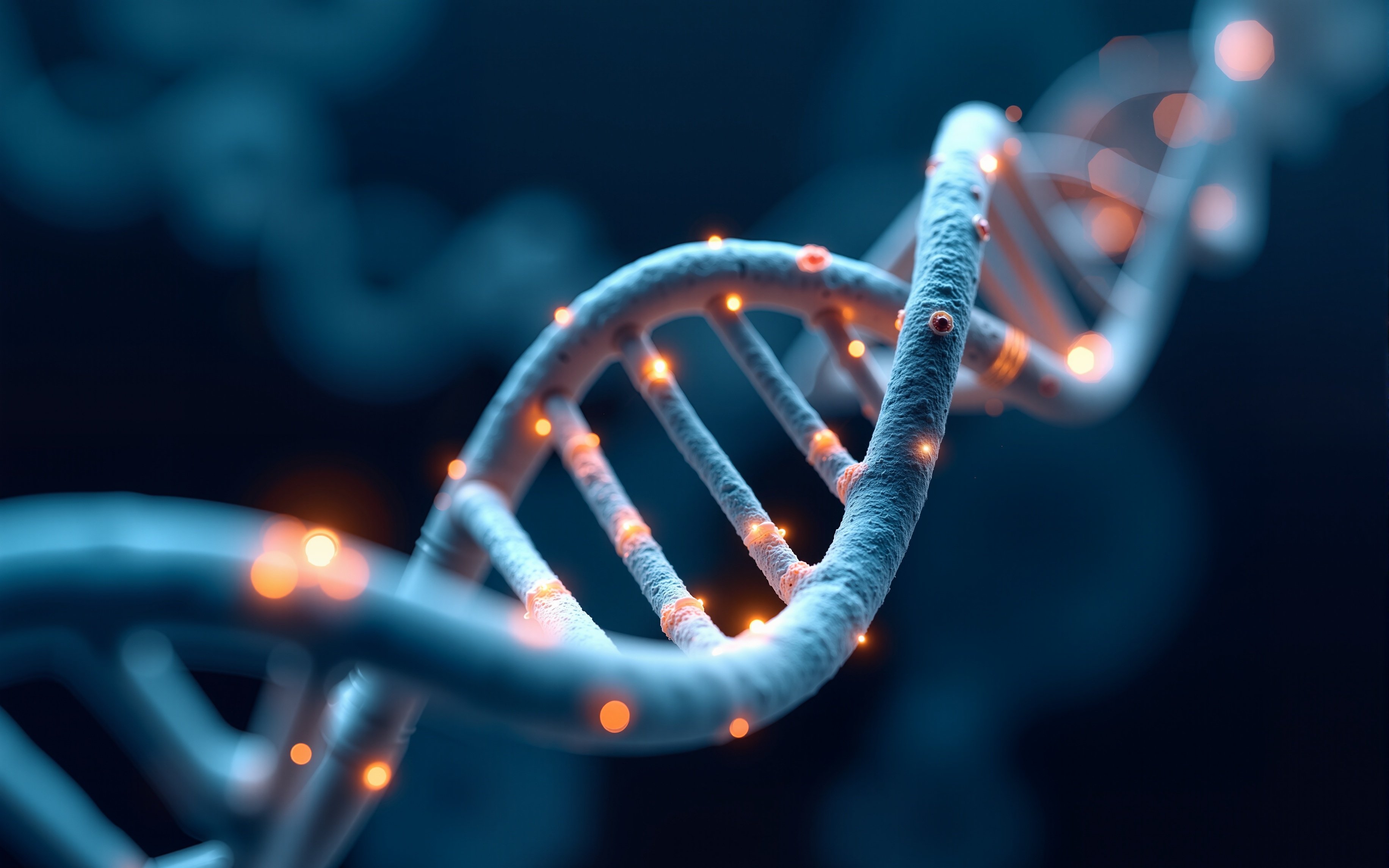
.jpg)
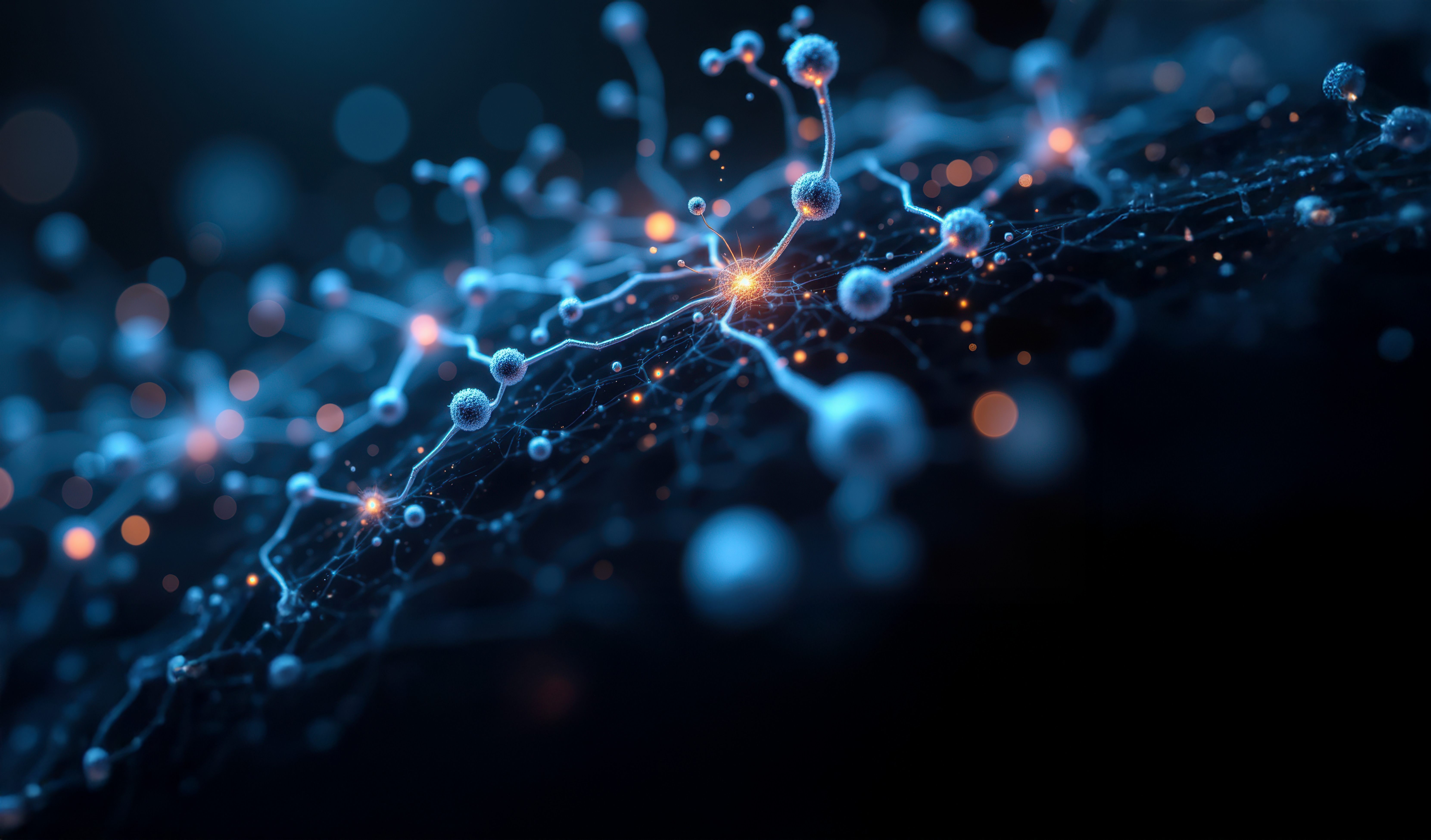
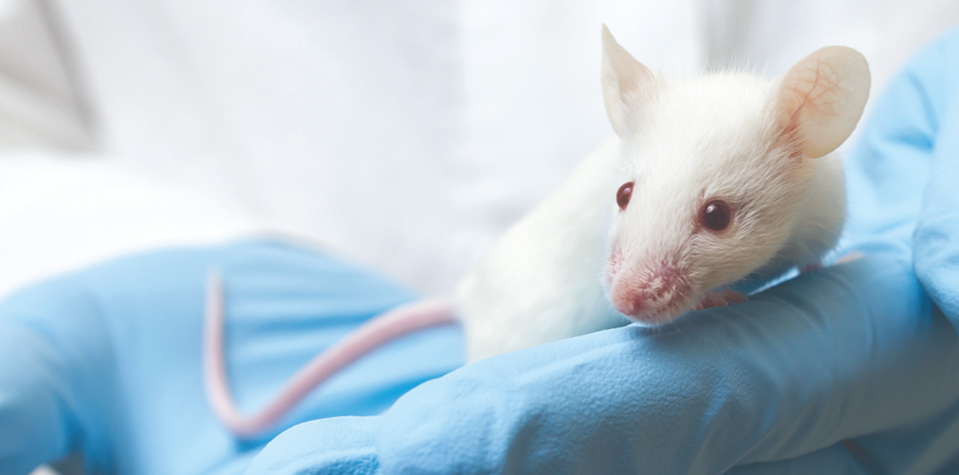

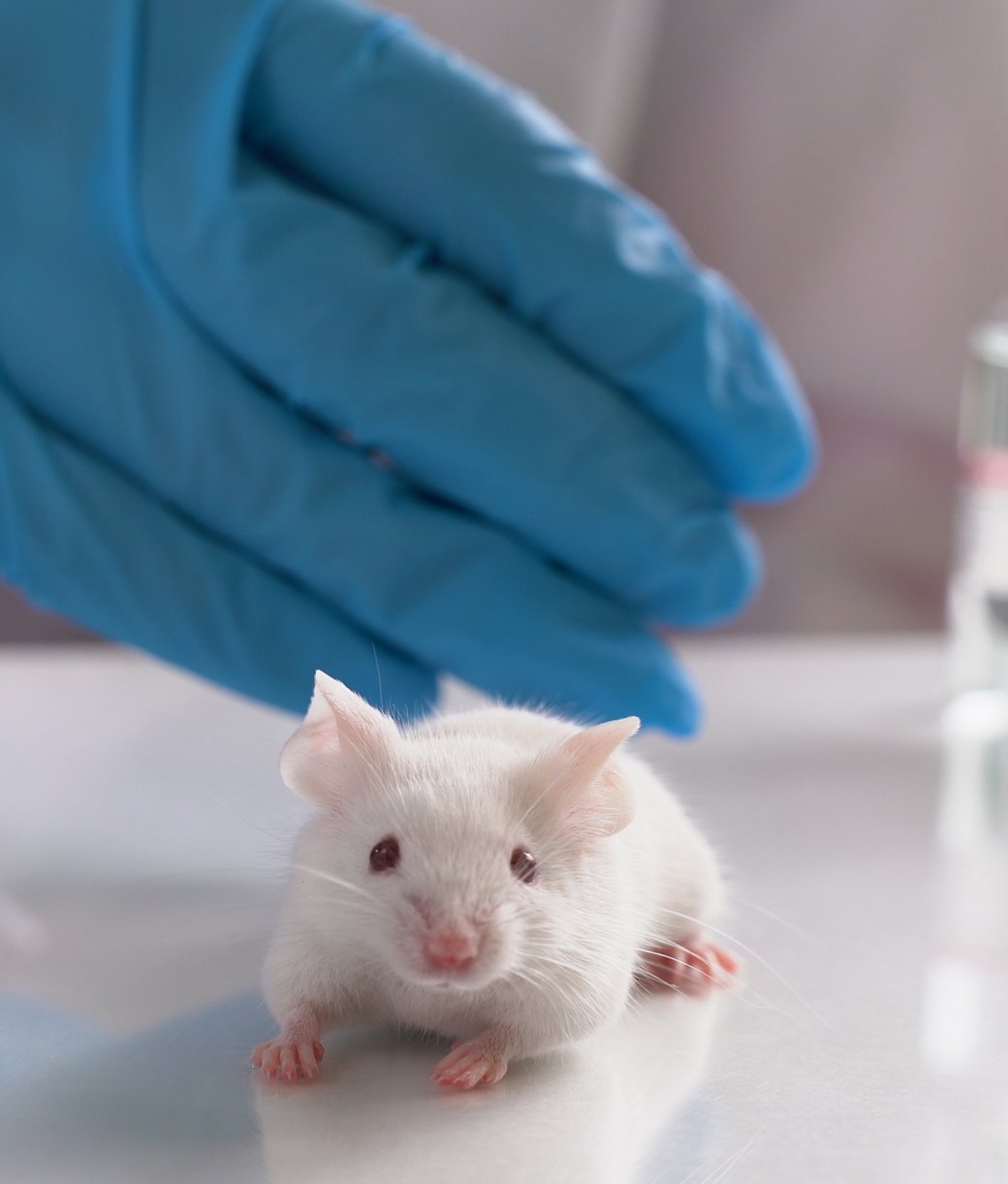

.jpg)

.jpg)



